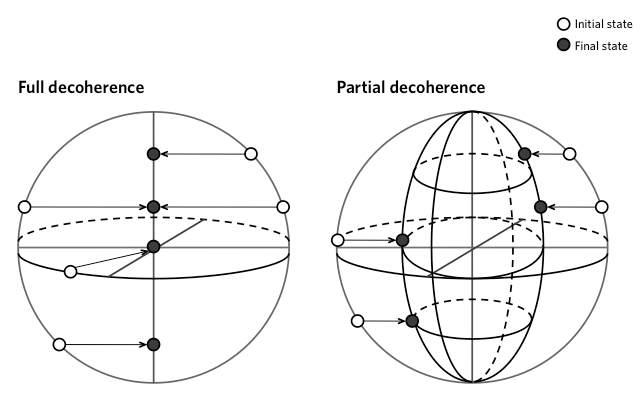A brief introduction to quantum computing
Quantum computing is a revolutionary field that leverages the principles of quantum mechanics to perform calculations that are beyond the capabilities of classical computers. Unlike classical computers, which rely on bits to represent information as either 0 or 1, quantum computers utilize qubits. Qubits can exist in multiple states simultaneously due to a phenomenon known as superposition, allowing them to process information in a fundamentally different and more powerful way.
Key Principles of Quantum Mechanics
Quantum computing relies on several foundational principles of quantum mechanics:

- Superposition: In classical computing, bits are binary and can be either 0 or 1. However, quantum bits, or qubits, can exist in multiple states simultaneously. This capability allows quantum computers to process a vast number of possibilities at once.
- Entanglement: Entanglement is a phenomenon where quantum particles become interlinked, such that the state of one particle instantly influences the state of another, regardless of distance. This property can enhance computing efficiency and speed.
- Decoherence: This refers to the quantum system's interaction with its environment, causing it to lose information to its surroundings, thus behaving more traditionally like classical systems.
- Interference: Quantum states can combine or cancel each other out, which can be used to filter out incorrect solutions and boost the correct ones during computation.
Quantum Algorithms and Development
While still in its early stages of development, quantum computing holds immense potential to transform various industries and scientific disciplines. Researchers are actively working on building larger and more stable quantum computers, developing new quantum algorithms, and exploring potential applications. Although significant challenges remain, such as maintaining the delicate quantum states of qubits and minimizing errors, the progress made in recent years has been remarkable.
Quantum algorithms are crafted to leverage quantum mechanics principles—they solve problems more efficiently than classical algorithms. One popular language for programming quantum computers is Qiskit, which is an open-source framework developed by IBM.
Current State and Future of Quantum Computing
The field of quantum computing is rapidly advancing, though it is still in its early stages of development. Continuous research and innovation are required to build more stable and scalable quantum systems. As technology evolves, practical quantum computing applications will become more widespread, revolutionizing various industries.
The potential impact of quantum computing is far-reaching. It could revolutionize fields like medicine by enabling the discovery of new drugs and treatments for diseases, accelerate materials science by designing novel materials with enhanced properties, and enhance cybersecurity by developing unbreakable encryption methods. Moreover, quantum computing could unlock new frontiers in artificial intelligence, enabling the development of more powerful and efficient machine learning algorithms.
Conclusion
Quantum computing represents the next frontier in computing technology. By harnessing the principles of quantum mechanics, it offers unprecedented computational power, promising to address some of the most complex challenges facing modern science and technology.